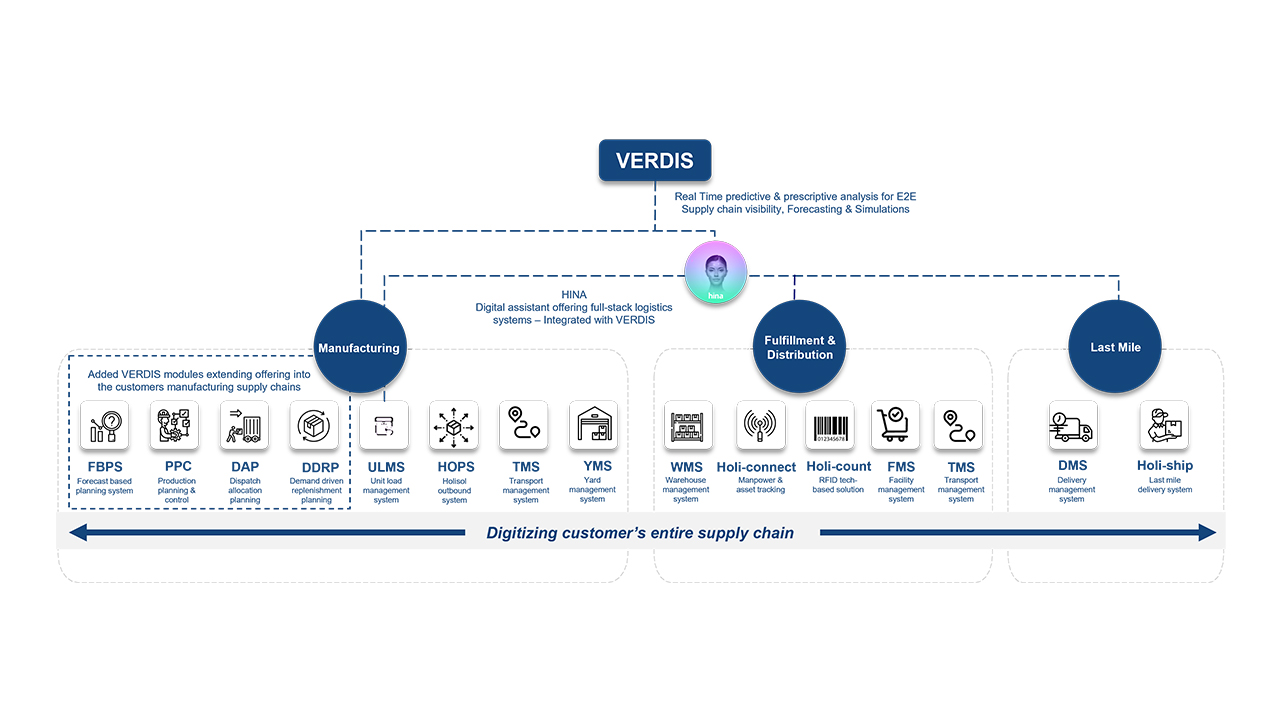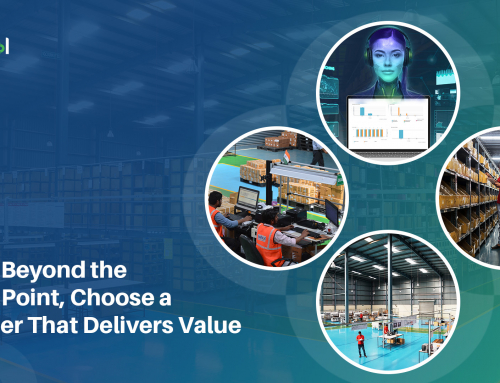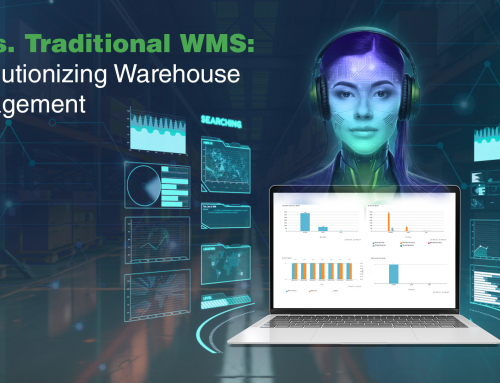Solving Complexity with Tech – End-to-End Supply Chain
The success of a business largely depends on the effectiveness of its supply chain, which can be disrupted by delays, errors, or unforeseen circumstances, resulting in lower customer satisfaction and loss of sales. Achieving a well-executed supply chain, however, is a complex task, particularly when it comes to balancing the intricacies of upstream and downstream operations.
Many businesses tend to focus on technology solutions for either upstream or downstream operations separately, leading to an isolated approach. This approach can result in a disjointed view of the supply chain and a lack of comprehensive understanding of the end-to-end operations. Therefore, businesses must adopt an integrated approach that covers both upstream and downstream operations to optimize the supply chain and gain a competitive advantage.
Importance of end-to-end supply chain management
To address this challenge, businesses must focus on implementing end-to-end supply chain solutions that include both upstream and downstream operations. The upstream part involves supply chain planning activities like procurement planning, production planning, dispatch allocation planning and replenishment planning. On the other hand, the downstream part involves logistics management activities like warehouse management, transportation management, packaging, and last-mile distribution.
Complexity in Planning (Upstream Operations)
While there are many technology solutions available for downstream logistics operations, the same cannot be said for upstream operations. The lack of effective upstream tech solutions can result in missed opportunities, dissatisfied customers, and a negative impact on a business’s reputation.
One of the main challenges with upstream planning is the sheer complexity of the task. Millions of decision nodes and various constraints need to be processed, often manually, resulting in planning processes that can take days to complete. Such an inefficient solution to a complex problem can lead to poor decisions, delays in fulfilling orders, and ultimately, a loss of sales.
Solving the Complexity of Planning
The power of technology can help. AI/ML and big data solutions can help automate and optimize upstream planning activities like procurement planning, production planning, dispatch allocation planning, and replenishment planning. These technologies can quickly process large amounts of data and provide insights that can help businesses make informed decisions and identify potential issues before they arise.
Building effective upstream tech solutions requires a deep understanding of the supply chain and end-to-end operations. It also involves investing time and resources to gain a profound insight into the problems that the tech solution is expected to solve for the customer.
Closing the Gap with Innovative Technology
Holisol has recognised the importance of upstream planning and execution, and its focus on building supply chain tech solutions has assisted customers in better planning and execution of their supply chains. Its range of tech solutions includes forecast-based production planning, procurement planning, production planning and scheduling, finished goods dispatch allocation, demand-driven replenishment planning, network optimisation, warehouse management systems (WMS), and transport.
Tech solutions like Holisol’s use AI/ML/big data and complex mathematical modelling to make it easier to solve complex planning problems where billions of data points need to be analysed. Holisol’s automated end-to-end control tower further enables seamless execution of the complete supply chain, ensuring a minimum gap between planned vs actual.
By investing in end-to-end tech-enabled supply chain solutions, businesses can gain comprehensive visibility and control over their operations, leading to increased efficiency, reduced costs, improved customer satisfaction, and better risk management. This requires a deep understanding of the supply chain and its operations, as well as the utilization of advanced technologies such as AI/ML/big data to address complex planning challenges.





